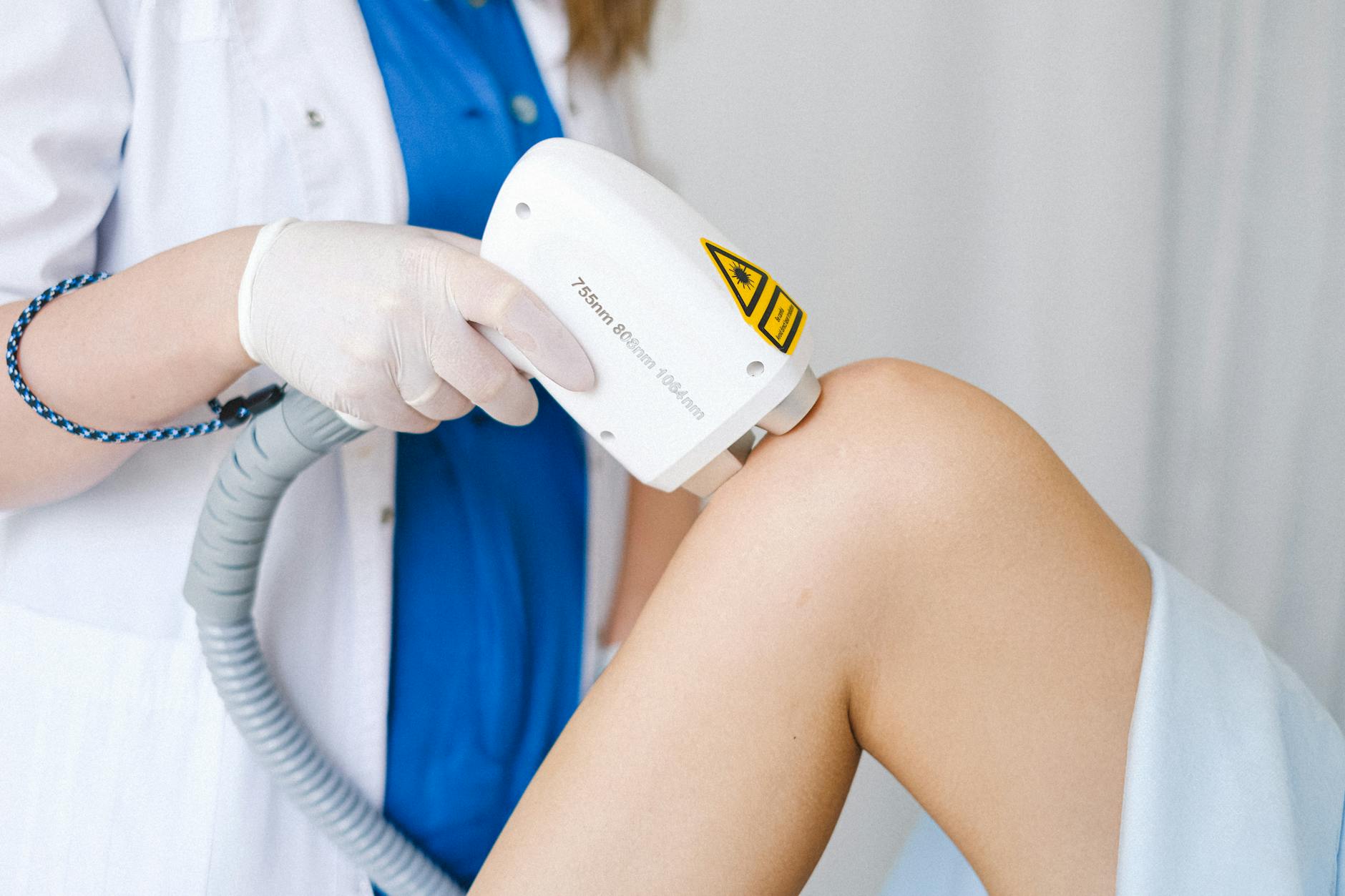Empower Her: Elite Female Focus Physio Tips

In the world of competitive sports, female athletes are breaking barriers and setting new standards. However, with the rise in performance demands comes the need for specialized care to prevent injuries and enhance athletic capabilities. Expert physio tips can be a game-changer for elite women athletes, helping them to not only elevate their performance but also to stay safe while doing so. In this professional outlook, we will uncover key physiotherapy strategies tailored for elite female athletes to empower them to unlock their full potential.
Understanding the Female Athlete
Before diving into the tips, it is crucial to acknowledge that female athletes have distinct physiological considerations compared to their male counterparts. A deeper understanding of issues such as the menstrual cycle, hormonal fluctuations, and specific musculoskeletal differences is essential for effective training and rehabilitation.
Tip 1: Harness the Power of the Menstrual Cycle
Elite female athletes should work with their physiotherapists to track and understand their menstrual cycles. Hormonal changes can affect muscle strength, injury risk, and recovery times. By aligning training intensity with the different phases of the menstrual cycle, women can optimize their performance and mitigate the risk of injury.
Cycle Syncing Strategy
- Follicular Phase (Day 1-14): Leverage increased pain tolerance and muscle recovery right after menstruation to focus on high-intensity and strength training.
- Ovulatory Phase (Day 14-16): Take advantage of peak estrogen levels to perform high-power workouts and competitions.
- Luteal Phase (Day 17-28): Shift towards lower-intensity, endurance-based sessions to match the body's preference for slower, more sustainable energy use.
Tip 2: Prioritize Core and Pelvic Stability
Core and pelvic stability are critical for any athlete, but they are especially so for women, who may be more prone to pelvic floor dysfunction. A strong core and stable pelvis can improve performance, balance, and coordination while reducing the risk of injuries such as ACL tears, which are more prevalent in female athletes.
Core and Pelvic Strengthening Exercises
- Planks and Bridging: Strengthen the deep core muscles to support the spine and pelvis.
- Hip Adductor Exercises: Improve the stability and alignment of the knees and hips.
- Pelvic Floor Activation: Incorporate exercises like Kegels to enhance pelvic floor function.
Tip 3: Pay Attention to Nutrition and Bone Health
Nutrition plays a pivotal role in an athlete's performance. Female athletes should ensure they are getting enough calcium and vitamin D to maintain strong bones, which are vital for withstanding the stress of high-impact sports. A dietitian specialized in sports nutrition can provide personalized advice to meet the unique needs of women in elite sports.
Tip 4: Focus on Injury Prevention Through Biomechanical Analysis
Biomechanical analysis can reveal inefficient movement patterns that may predispose female athletes to injury. Physiotherapists can use this analysis to create a tailored preventive exercise program.
Key Biomechanical Interventions
- Gait Analysis: Assess and improve running technique to reduce the impact on joints.
- Functional Movement Screening: Identify and correct imbalances or weakness in movement patterns.
- Posture Assessment: Emphasize ergonomic postures both in and out of sports to minimize strain on the body.
Tip 5: Integrate Recovery and Mental Health Strategies
Recovery is as important as active training. Adequate rest, proper sleep, stress management, and mental health support are crucial for holistic athlete development. Physiotherapists should collaborate with sports psychologists to address the mental aspects of injury recovery and performance anxiety.
Empower Her: The Way Forward
By implementing these expert physio tips, elite women athletes can experience enhanced performance and better injury prevention. The journey to unlocking full potential is both physical and mental; thus, a comprehensive approach that empowers her body and mind is key. Remember, every athlete is unique, and these strategies should be adapted to fit individual needs and goals.
Empowerment in women's sports starts with personalized, informed care—Empower Her now and witness the emergence of stronger, more resilient athletes ready to conquer the world of elite sports.